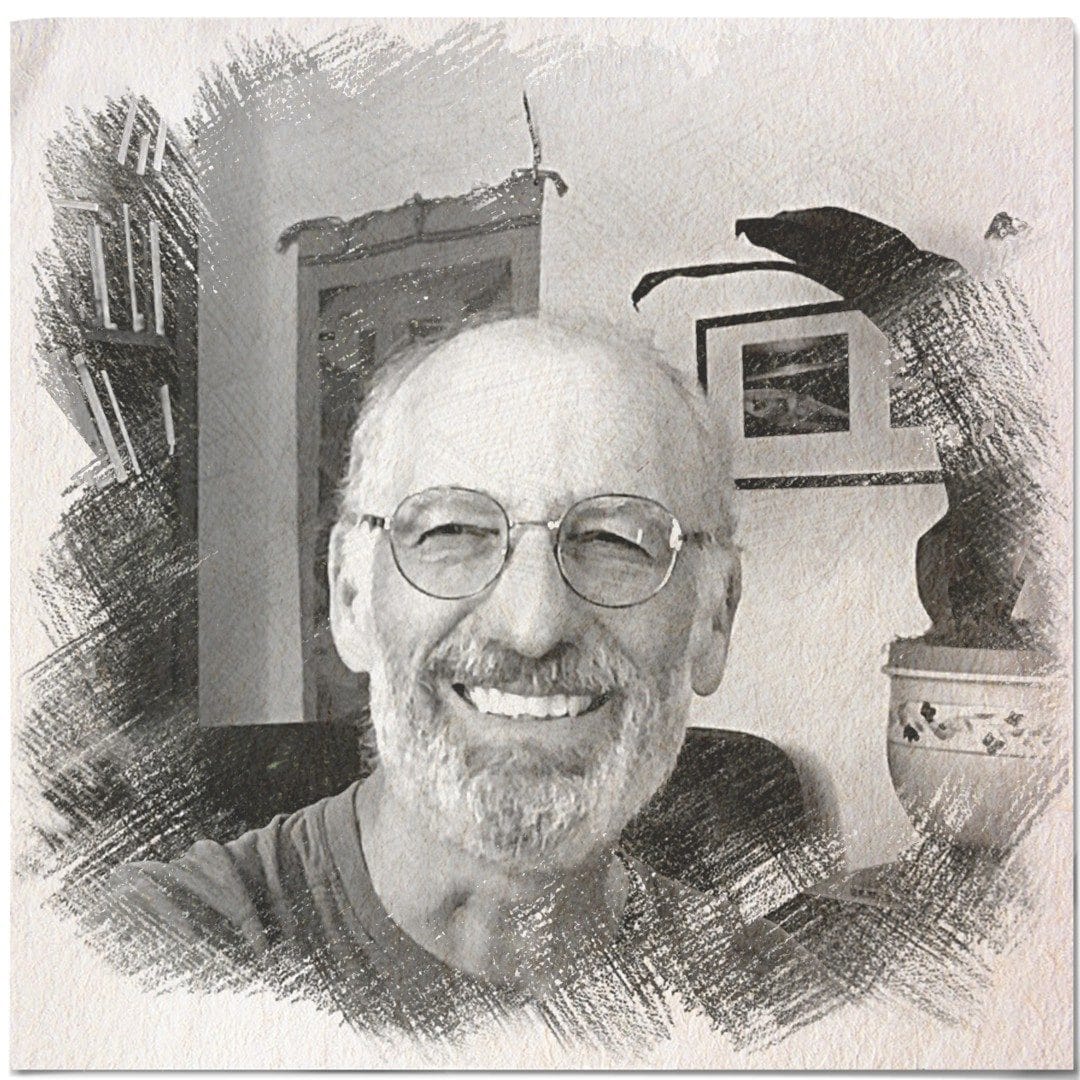How to Meditate for Anxiety

Are you feeling anxious? Can you imagine for a moment regaining your equilibrium? We’ll be talking about how to meditate for anxiety in this post and how that can be helpful. Let’s face, these are stressful times. A world pandemic. Millions still out of work. Increasing climate change problems. In addition, many are experiencing personal stress caused by money concerns, job loss, relationship challenges, and having to be our child’s substitute teacher.
Let’s take a look at anxiety and what we can do about it” a handful of ways to lesson turmoil and feel better as a result.
Meaning of Anxiety
According to Wikipedia anxiety is an emotion characterized by an unpleasant state of inner turmoil, often accompanied by stress. It includes subjectively yucky feelings of dread over anticipated events. Anxiety is a feeling of unease and worry. Often related to fear as a cause. Fear of the unknown, fear of the past, concern for the future.
Excessive amounts of anxiety may lead to bodily harm, and can increase the risk of strokes, heart disease, ulcers and mental illness such as depression.
Unfortunately, the latter is often the case and does do us harm, physically, mentally, and emotionally. The result is the psychological pain that Buddha spoke of when he said, “Life is suffering”.
The Impact of Anxiety and Stress
The impact on our lives penetrates all aspects of our existence, as I chronicle in my book The Amazing Benefits of Meditation. Quoting Charles L. Raison, MD, clinical director of the Mind-Body Program at Emory University School of Medicine in Atlanta, “It’s hard to think of an illness in which stress and mood don’t figure,” Raison is quoted as having said at WebMD. “We know stress is a contributor to all the major modern killers:
- Cancer
- Chronic lower respiratory diseases
- Heart disease
- Dementia
- Stroke (cerebrovascular diseases)
- Intentional self-harm (suicide)”
According to author Hanna Braime, in her book, From Coping to Thriving , “Stress and anxiety wreak havoc with our immune system, leaving us susceptible to all kinds of nasties—particularly during the winter. Developing a regular meditation practice reduces the amount of stress-related chemicals in our body, and also leaves us less likely to turn to unhealthy coping strategies to deal with the stress.”
The Problem We Face
Unfortunately, most of us are not very skilled in dealing with stress. Humans have always had to deal with stress going back to when we lived in caves and didn’t have many defenses other than our problem-solving skills. Stress was constant and became “hard wired” into our primitive brains. We became very good at surviving to stay alive.
Even now, though we are the dominant species on the planet, we still frequently act out of fear of some real or imagined circumstance, often caused by our fellow humans. Few of us are trained when we are growing up in stress management. Certainly not by our parents, teachers, friends, acquaintances or workplaces (although a few forward looking companies like Google have begun to train employees to help their performance and well-being).
This where meditation can help. Practiced for many centuries as prayer in the West and sit-down or mindfulness exercises in the East, meditation is increasingly being taught in schools, yoga and meditation centers, schools, and in some businesses.
Tool Number 1—Sit Down Meditation
Dr. Raison, mentioned above, led a study that indicated that meditation improves both physical and emotional responses to stress. In the study, people who meditated regularly for six weeks showed less activation of their immune systems and less emotional distress when they were put in a stressful situation. Physiologically, it appears that one of the reasons for the improvement in these areas is that meditation “….reduces cortisol (the body’s natural stress hormone) levels in the body”, which leads to lower levels of stress and higher levels of a sense of well-being.
The substantial increase in the use of anti-anxiety medication in recent years is proof of the impact of stress on the U.S. population and the turning to potentially harmful drugs to cope with this “epidemic” caused by modern lifestyles. An antidote is offered by Stanford University researcher Emma Seppälä, who wrote that, “Meditation allows people to take charge of their own nervous system and emotions…. Studies have shown improved ability to [permanently] regulate emotions in the brain.”
This type of meditation, usually practiced sitting in a chair, or on a meditation cushion, can be done almost anywhere, at any time. In its simplest form, sit-down meditation is done by observing the breath as it comes in and goes out for and short or extended period of time. One technique involves breathing in for 5 seconds and out for 10. This tells the brain that we are “safe”.
This technique sounds easy, but it is not. Why? Because the human mind is a chatterbox, constantly abuzz and commenting on everything we experience, and buzzes loudest when things get quiet. As a result, most meditation trainings concentrate on mind training as a central focus of their meditation process.
An alternative is a new process called Higher Consciousness Meditation. It’s a simple, easy, quick and effective method I have developed (see my book The Meditation Book), that is suitable for beginners and experts.. It focuses, instead, on a technique that focuses on direct Soul Contact, bypassing and transcending the mind. Meditation 2.0, if you will.
Tool 2–Mindfulness Techniques
A companion practice to sit-down meditation, is the practice of mindfulness meditation, which can be done in as little as 6 seconds, as I describe in my newest book, The Mindfulness Book. Mindfulness can be done as easily as taking a deep breath, saying “Peace, Be Still”, and pausing to feel the effects of the exercise, often a lifting of the spirits and a relaxation into the moment. I use both, a sit-down session in the morning and in the evening, and mindfulness techniques which I’ve designed for almost every situation, as brief pauses throughout the day.
John Cabot Zin, former researcher at the University of Massachusetts, is an expert on mindfulness meditation’s impact and has through the scientific method, has lead the understanding and use of mindfulness meditation. For years, he and his colleagues, pushed out the boundaries of the field into new discoveries and validations of the efficacy of mindfulness.
While their steps seem slow and incremental, at times, they have laid the foundation for what I think is a transformation in the way we as humans experience our lives. A transformation that is evolutionary and will allow us to grow into our new selves as people and as a species.
This latter point was brought home in a report that was highlighted on an episode of the CBS Evening News. CBS News confirmed what we have all heard. Religious services continue to be attended less and less by the U.S. population. More and more people are saying “I’m Spiritual, not religious”.
The most interesting thing that was said in this piece is that 5 years ago about 53% of adults in this country said that they experienced peace and well-being at least once per month and that today the figure is 60%. Largely because of some form of meditation practice. I was amazed. I would have thought the percentage to be closer to 20 than 60. Lots of folks are having at least a glimpse into what I like to call Five- Dimensional Reality, that Place that we all know, where peace and well-being reside. Where the experience of peace and well-being is a common occurrence.
Why Meditation Works
The beauty of meditation is that it can decrease the severity and the frequency of stress, and the resulting feeling of internal discord that accompanies stressful situations, large and small. Why is this? Here are some of my non-scientific thoughts:
- For some period of time, however brief a time of meditation we might undertake, the body/mind/personality disconnects from the three-dimensional reality that is our human lives.
- This pause allows us to return to our natural state of peace and well-being before returning to the stress inducing world each of us lives in.
- A mere 6 minutes, twice a day, as outlined in my Higher Consciousness Meditation process, is a sufficiently long enough period of meditation to successfully disconnect and to cultivate the experience of peace and well-being. The HCM process is a fabulous way to begin your day in the right frame of mind before the anxiety of getting out of the door and off to work or before traffic madness takes over.
- Meditation is a coping mechanism, pure and simple. It is a way to greatly help combat the incidence of stress and its effects.
Conclusion
This indicates to me that we are in fact evolving as a species, and perhaps faster than any of us are aware. Evolving into a new species increasingly comfortable with the higher vibrational experiences of love, peace, joy, happiness and the like that meditation can foster. More and more people are learning and using meditation techniques. Through meditation there may be hope for us as a species after all, with these two tools for relaxing in a meaningful way and learning to live with a degree of inner richness and mastery.
What do you think? Does these ideas resonate? What’s your meditation practice like? Any concerns? Comment below.
Like this post? Subscribe to our weekly blog. Click below. Also “follow” my new feature, The Daily Vibe, on my Facebook Page, (at https://www.facebook.com/authormeditation). It offers an uplifting thought to bring a smile to your face and a bounce to your step each day.




0 Comments